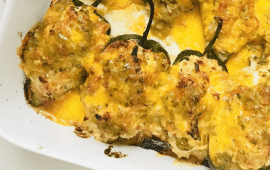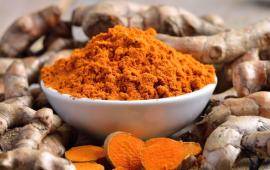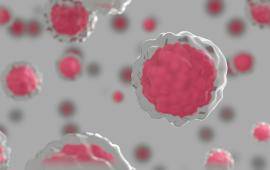
Liver Cancer Natural Treatment
The natural treatment for liver cancer is primarily focused to reduce side effects of chemotherapy and inmunotherapy.
Hepatocellular carcinoma is the most frequent liver cancer type. The treatment of choice is surgery, but it is not always possible, and in these cases it is necessary to start treatment with Sorafenib. It is important to reduce side effects of Sorafenib in order to have better tolerance, thus allowing oral chemotherapy to be taken without interruption.
Chemotherapy kills blood cells. It is necessary to control the immunity with white blood cell count test, since, if the count is less than 3000, chemotherapy is postponed until it reaches these levels. On the other hand, the immune system is important in the control of cancer growth and once the chemotherapy cycles have finished it is necessary to recover the normal values of white blood cells in the shorter possible time. There are Chinese Herbal formulas that boost the immune system. Intravenous vitamin C also helps to strength the immune system.
Integrative Oncology also focus in preventing recurrences when the tumor has been surgically removed.
Colon cancer chemotherapy side effects, such as nausea, vomiting, fatigue can improve with Chinese Herbal formulas addressed to strengthen the digestive system in conjunction with acupuncture. Intravenous vitamin C improves fatigue associated with the administration of chemotherapy.
Diet plays a very important role to remove toxicity of the treatments and improve quality of life.
Liver Cancer Herbal treatment
Scientific studies on the anticancer effect of some Chinese herbs specifically in liver cancer or hepatocarcinoma, such as Actinidia chinensis root that has been shown to decrease the proliferation of liver cancer cells and prevent metastasis. Pulsatilla Chinensis has anticancer activity in liver cancer cells. Curcuma Longae induces apoptosis or cell death of liver cancer cells. The Portulacae Oleracea herb contains portulacerebroside A that has been shown to induce apoptosis or cell death of liver cancer cells.
Scientific studies on the anticancer effect of Chinese herbs in liver cancer
- Fang T. et al 2019. Actinidia chinensis Planch root extract attenuates proliferation and metastasis of hepatocellular carcinoma by inhibiting epithelial-mesenchymal transition. J Ethnopharmacol. 2019 Mar 1;231:474-485. doi:10.1016/j.jep.2018.11.014.
- Xu, Q. M. et al. 2012. Antitumor activity of Pulsatilla chinensis (Bunge) Regel saponins in human liver tumor 7402 cells in vitro and in vivo. Phytomed. 19: 293–300.
- Shan, L. J. et al. 2009. Apoptosis of liver cancer SMMC7721 cell line induced by curcumin. J. Dalian Med. Univ. 31: 142–4.
- Zheng, G. Y. et al. 2014. Portulacerebroside A induces apoptosis via activation of the mitochondrial death pathway in human liver cancer HCCLM3 cells. Phytochem. Lett. 7: 77–84
Scientific studies on anticancer effect of Intravenous Vitamin C in liver cancer
- Lv, H., Wang, C. et al. (2018). Vitamin C preferentially kills cancer stem cells in hepatocellular carcinoma via SVCT-2. NPJ precision oncology, 2(1), 1. doi:10.1038/s41698-017-0044-8
Ask for opinion and find an appropriate solution to your problem
ONLINE Doctor Consultation






